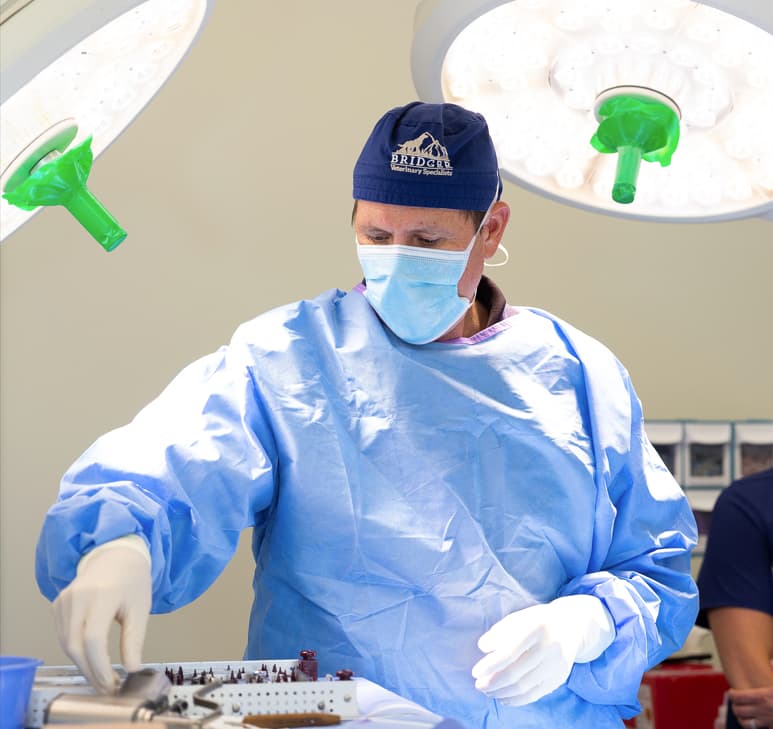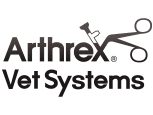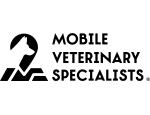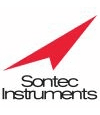About ACVS
The American College of Veterinary Surgeons (ACVS) sets the standards for advanced professionalism in veterinary surgery. The American Board of Veterinary Specialties recognizes ACVS as the veterinary specialty organization for veterinary surgery.
ACVS currently includes 2,667 Diplomates. Approximately 70 veterinarians earn their Diplomate credentials every year.
2022-2027 ACVS Strategic Plan
The strategic plan comprises four priority objectives: Cultivate an Engaged Community, Update Training and Certification, Focus on Excellence in Continuing Education, and Maximize Awareness. The plan incorporates principles of diversity, equity, and inclusion across the College’s programs and services.
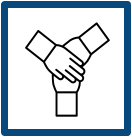 Cultivate an Engaged Community
Cultivate an Engaged Community
Desired Outcome: Develop more inclusive membership opportunities to serve the profession of veterinary surgery and veterinary medicine, and to expand influence within veterinary medicine. Explore additional opportunities for membership beyond certification, resulting in greater diversity, inclusion, loyalty, and member value. Implement a membership model that adheres to best practices of certification organizations.

Update Training and Certification
Desired Outcome: Improve support for residency programs, resulting in higher-quality training and greater opportunity for quality outcomes. Improve well-being of residents. Ensure greater transparency of and confidence in the certification process.

Focus on Excellence in Continuing Education
Desired Outcome: Increase access to continuing education and advanced skills training/maintenance, focusing on Diplomates and residents. Maintain high-quality competency across the career arc.
 Maximize Awareness
Maximize Awareness
Desired Outcome: Expand internal capacity to focus on marketing to primary care veterinarians, animal owners, and the public, while increasing communications to ACVS members and related stakeholders. Elevate the specialty and establish ACVS as the leader in veterinary surgery training across multiple segments and stakeholders.
ACVS Mission
The mission of the American College of Veterinary Surgeons is to advance the art and science of surgery and promote excellence in animal health care through research, education, and service to the public by:
- Establishing the standards for post-graduate residency training and education for veterinary surgeons;
- Acting as the agency by which veterinarians are certified as specialists in surgery;
- Encouraging and supporting research and the dissemination of the results of these investigations;
- Offering educational opportunities for Diplomates, other members of the veterinary profession, and the public;
- Promoting the College as the specialty organization representing excellence in veterinary surgery to the profession and the public.
Further detail is available in the College’s constitution.
ACVS History
Between 1950 and 1965, veterinary specialty boards, under the jurisdiction of the American Veterinary Medical Association (AVMA), began to emerge. It was during this period that the need for a veterinary specialty board became apparent to a number of leaders in the field of veterinary surgery. Foremost among this group was Dean Mark Allam of the University of Pennsylvania, who was the motivating force in forming an organizing committee.
This organizing committee consisted of Drs. J. Archibald of Ontario, W. O. Brinker of Michigan, E. A. Churchill of Maryland, R. L. Rudy of Ohio; with J. Jenny of Pennsylvania as chair. The objectives of this committee were to draft a constitution and bylaws and certify the credentials of charter members of the American College of Veterinary Surgeons (ACVS). The organizing committee accepted 35 veterinarians as charter members. On December 16, 1965, the College was incorporated under the laws of the State of Illinois as a nonprofit educational organization.
The first annual meeting of the College was held in Chicago, Illinois, on February 4, 1966. The Constitution was adopted and a slate of officers was elected with Dr. Jenny as president and Dean Mark Allam as chair of the Board of Regents. The AVMA granted probationary approval to the ACVS on July 9, 1967, and the first examination of candidates for membership was given in Boston, July, 1968. The ACVS received full approval from the AVMA on June 22, 1970.
ACVS assures improved veterinary medical services are offered to the public by establishing and monitoring veterinary surgery residency programs; maintaining fair and reasonable examination standards; abiding by a policy for humane care and use of animals; promoting and funding surgical research; disseminating new knowledge to Diplomates, residents and practitioners at the annual ACVS Surgery Summit, and through the official ACVS journal Veterinary Surgery; and, encouraging the ethical representation of specialty certification status. The American Board of Veterinary Specialties recognizes ACVS as the veterinary specialty organization for veterinary surgery.


